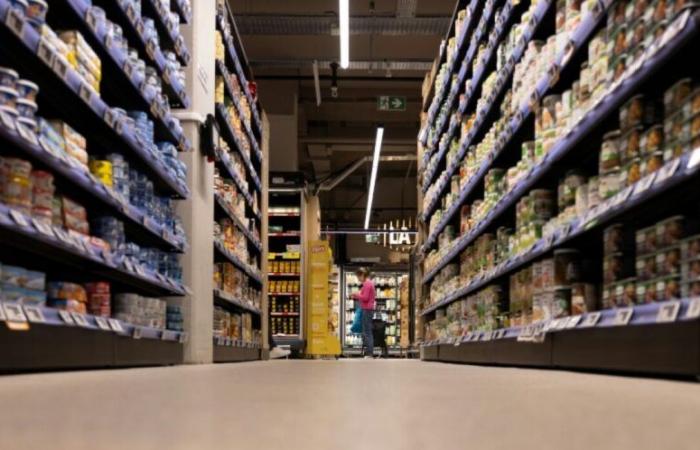“The price war that distributors tirelessly wage among themselves must end this year. The fair price must finally be paid to agri-food companies to allow them to adequately remunerate their work as well as that of farmers,” argues Jean-François Loiseau, president of the National Association of Food Industries (Ania) in this press release.
As annual negotiations begin between supermarkets and their suppliers – which will ultimately determine the price of products purchased by consumers in stores – and agricultural mobilization has resumed in the streets, Mr. Loiseau calls on large-scale distribution “to take responsibility “.
Rising costs. Ania “warns of the precarious economic situation of the 20,000 companies” in the sector, affirming that production costs are increasing on “all expenditure items for 64% of companies”, citing the payroll (+4.8 % over one year), transport (+4.3%) or energy (+2.4%).
Ania estimates the average increase in the costs of agricultural raw materials at +1.6%, with strong disparities, with certain products having seen their prices soar, such as coffee (+85%), cocoa (+83%). ) or butter (+60%). As a result, according to Ania, nearly one in two companies see “a decline in profitability”, while investment needs are significant because “one in three industrial installations is more than 25 years old”.
“Very low” margins. On the distributor side, the emphasis is placed on “the drop in prices” for consumers, announced by several brand owners, declared Layla Rahhou, general delegate of the Federation of Commerce and Distribution (FCD), Monday on Radio Classique. “Margins are very low” in mass distribution: “It’s a volume business, we can no longer cut margins as much as we would like to lower prices, this must be done through careful negotiation obviously in the interests of farmers,” she said, believing that there was “no transparency” from large industrialists on farmers’ remuneration.
Distributors are asking the government to “let them negotiate hard with big brands that have big margins,” she added, while the agro-industry sector is very concentrated, with just under 300 large companies. capturing 86% of sales.
© Agence France-Presse






